Due to safety concerns, weight limits, and the unique space environment, space travel comes with a long list of restrictions, and astronauts can’t just pack whatever they want for their journey. Many everyday items are banned up there, and here’s a look at some that may disappoint you to learn about.
Alcohol
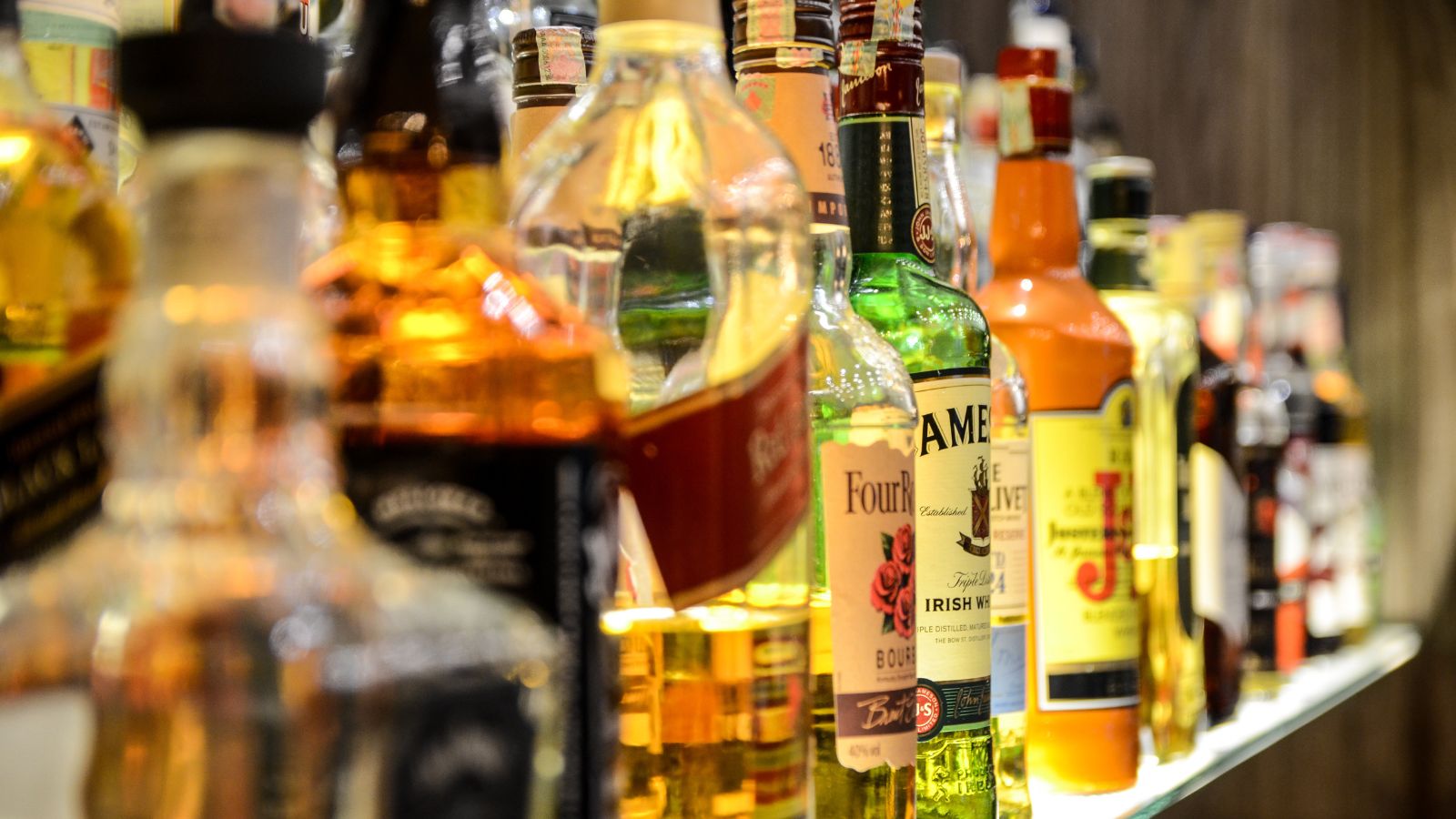
Alcohol’s effects could be dangerous in the confined, high-stress environment of a spacecraft, notes BBC. It also interferes with the water recycling systems on board, so NASA has strict rules against alcohol consumption during missions, ensuring astronauts stay sharp and focused.
Bread
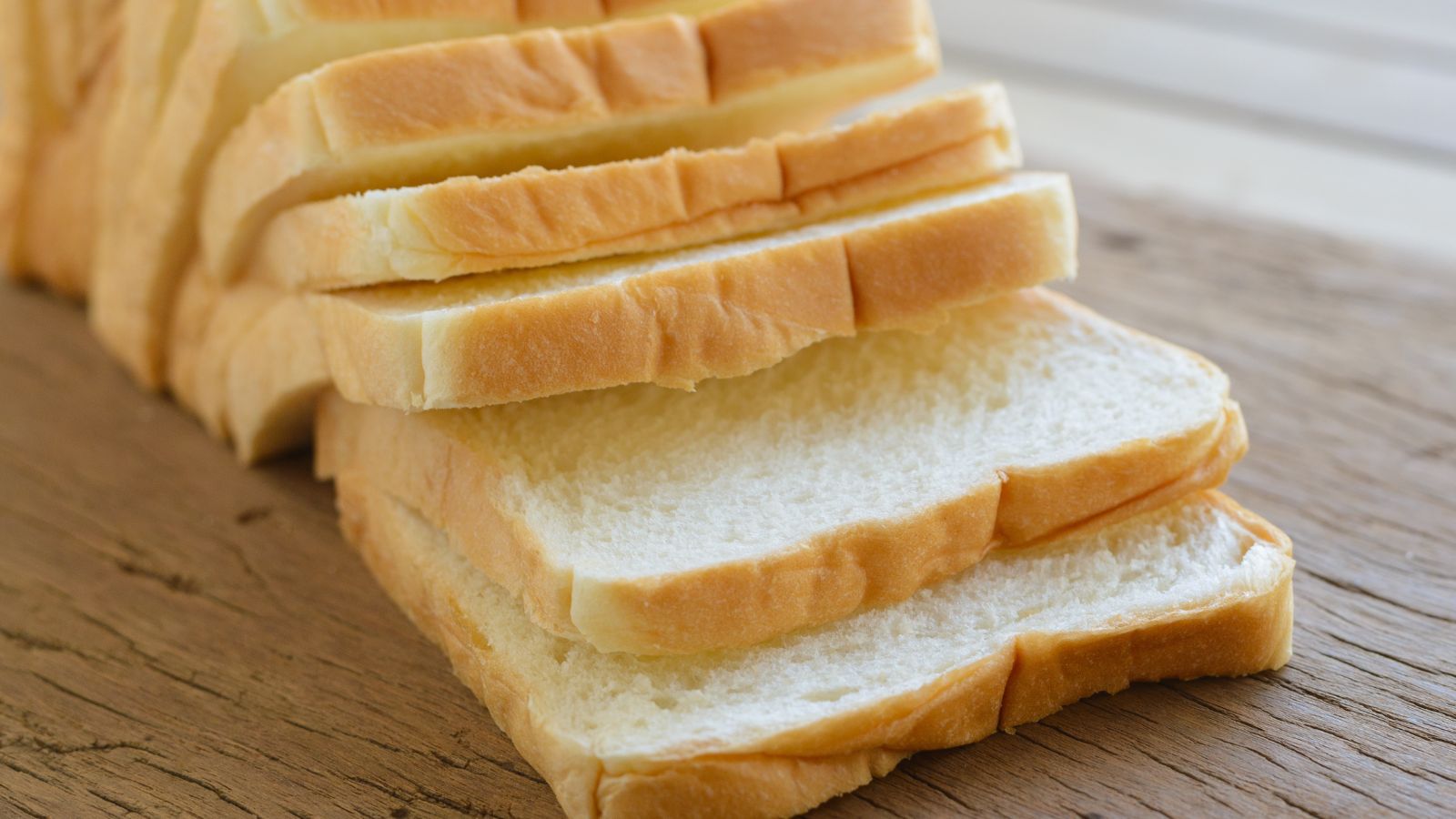
Regular bread is also off the menu for space travelers. Crumbs can float around in zero gravity, potentially damaging equipment or getting into places they shouldn’t be in. Space agencies choose tortillas instead, which don’t produce pesky crumbs and stay fresh longer.
Soda

The liquid and gas in carbonated drinks can mix unpredictably, leading to what astronauts call “wet burps.” This can be uncomfortable and messy, so space stations generally stick to non-carbonated beverages to avoid these fizzy fiascos.
Salt and Pepper Shakers
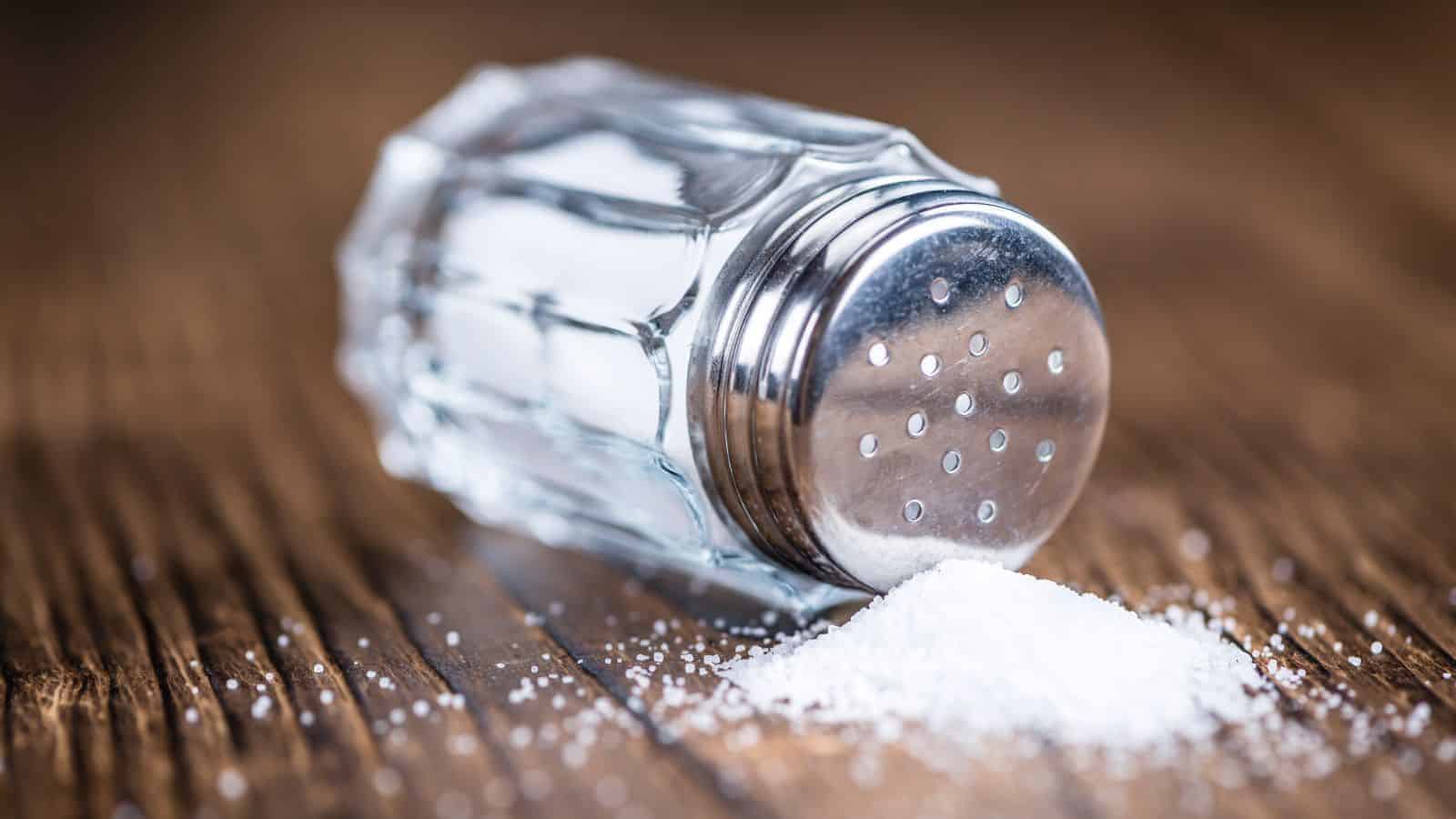
Traditional salt and pepper shakers would make a lot of mess in space so instead, astronauts use liquid salt and pepper solutions. These come in dropper bottles, allowing precise seasoning without the risk of spices floating away and potentially clogging air vents or irritating eyes.
Open Flames

Fire behaves very differently in microgravity, spreading in spheres rather than upward. This makes open flames extremely dangerous on spacecraft, so candles, lighters, and matches are banned to prevent potential fires. Even birthday candles are off-limits for space celebrations.
Deodorant Sprays
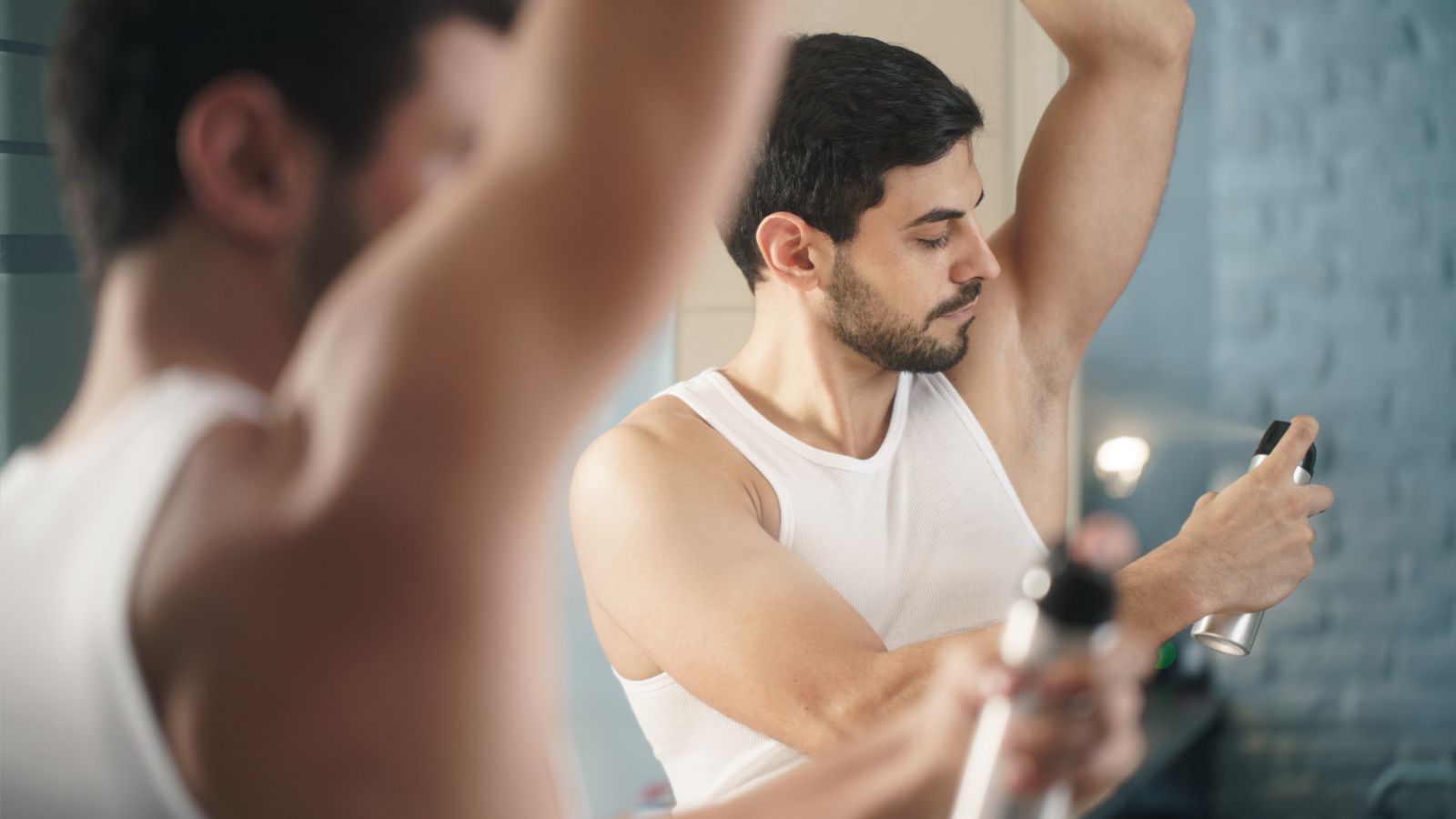
Do you need to smell nice in space? Perhaps, but aerosol sprays, including deodorants, are strictly prohibited. This is, of course, because the propellants can be flammable, and the fine mist can interfere with sensitive equipment. Astronauts use stick deodorants instead, ensuring they stay fresh without compromising safety.
Pets
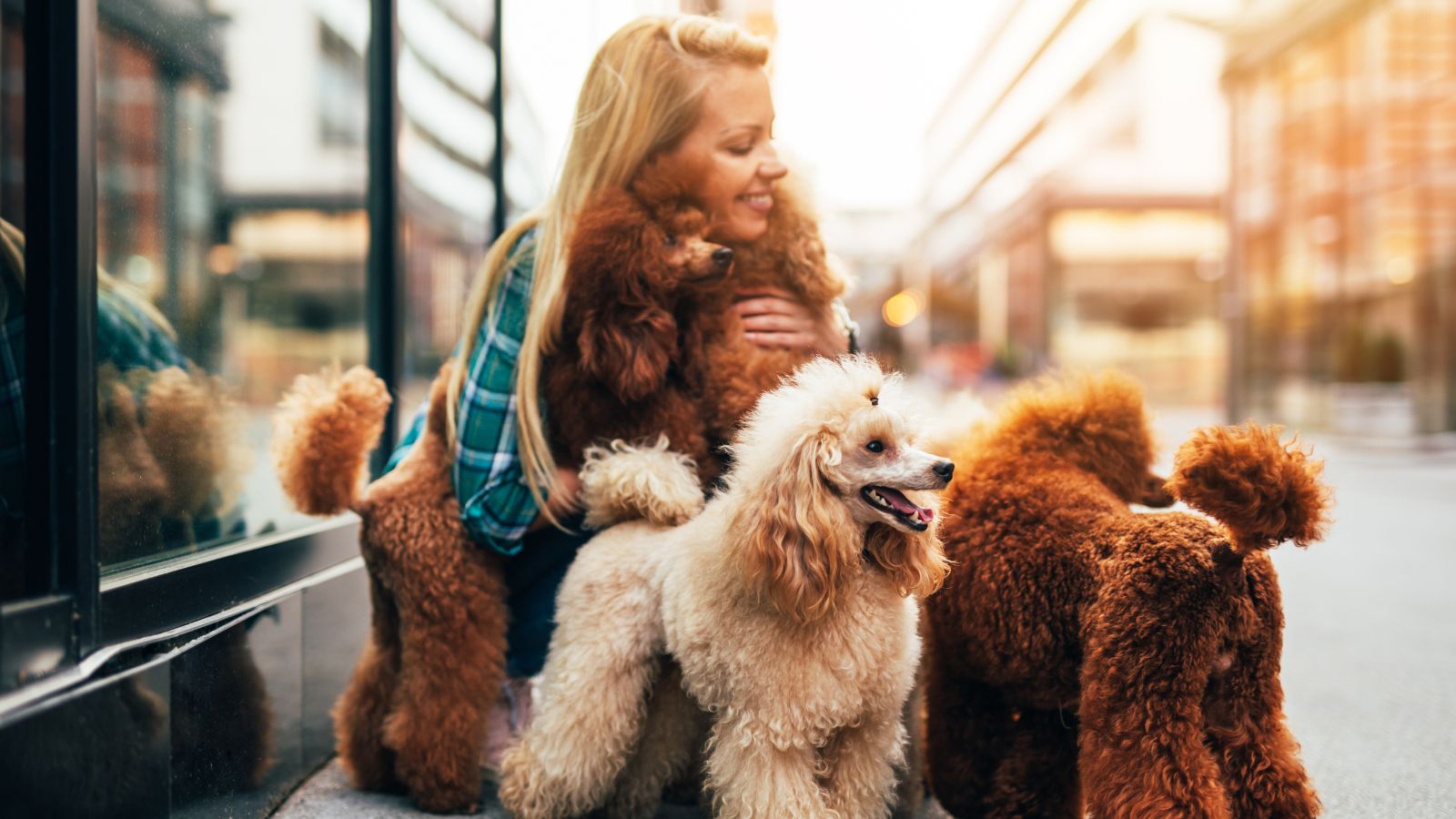
As much as astronauts might want the company, pets are strictly forbidden in space. The confined environment, lack of proper care facilities, and potential for allergic reactions make it impossible to bring furry friends along.
Regular Pens
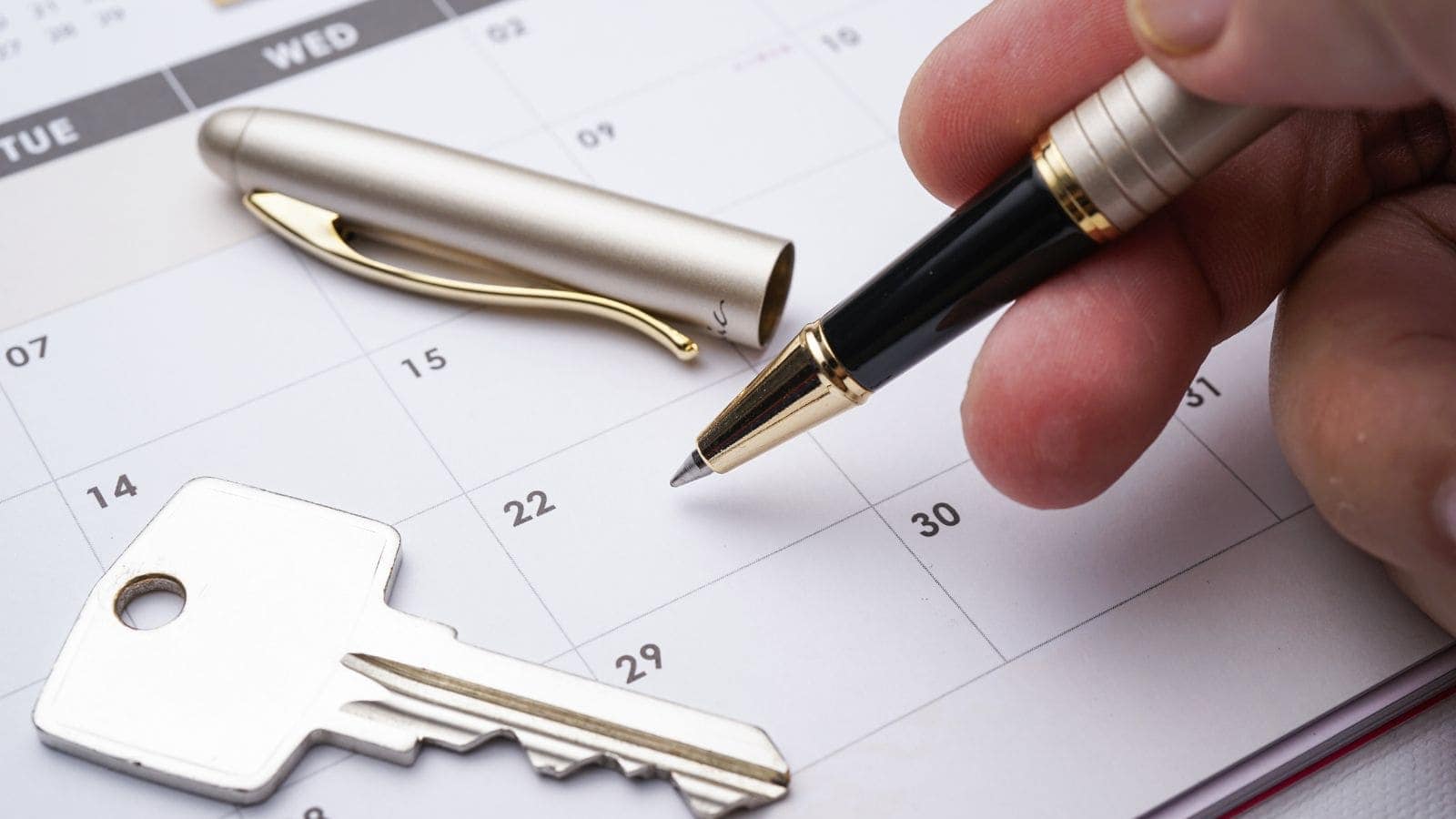
Standard ballpoint pens rely on gravity to pull ink onto the ball so there are specially designed pressurized pens that are used instead. Before these were invented, astronauts often used pencils, but the risk of broken graphite floating around led to their replacement with space pens.
Scissors
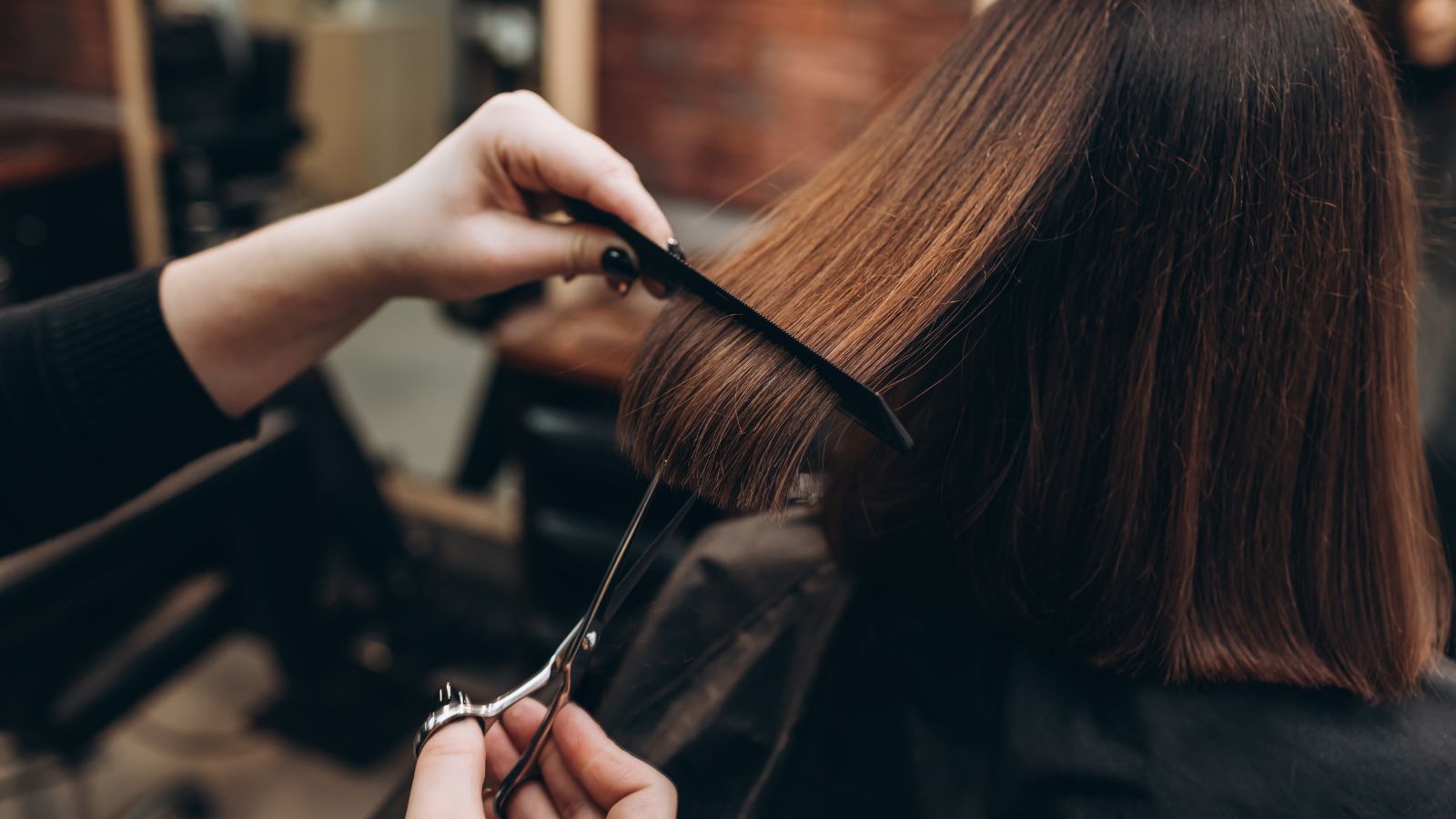
While some specialty safety scissors are allowed, regular scissors are too risky for space travel. Sharp objects can be dangerous if they float away in zero gravity. Astronauts use other cutting tools designed specifically for use in space to minimize potential hazards.
Yogurt
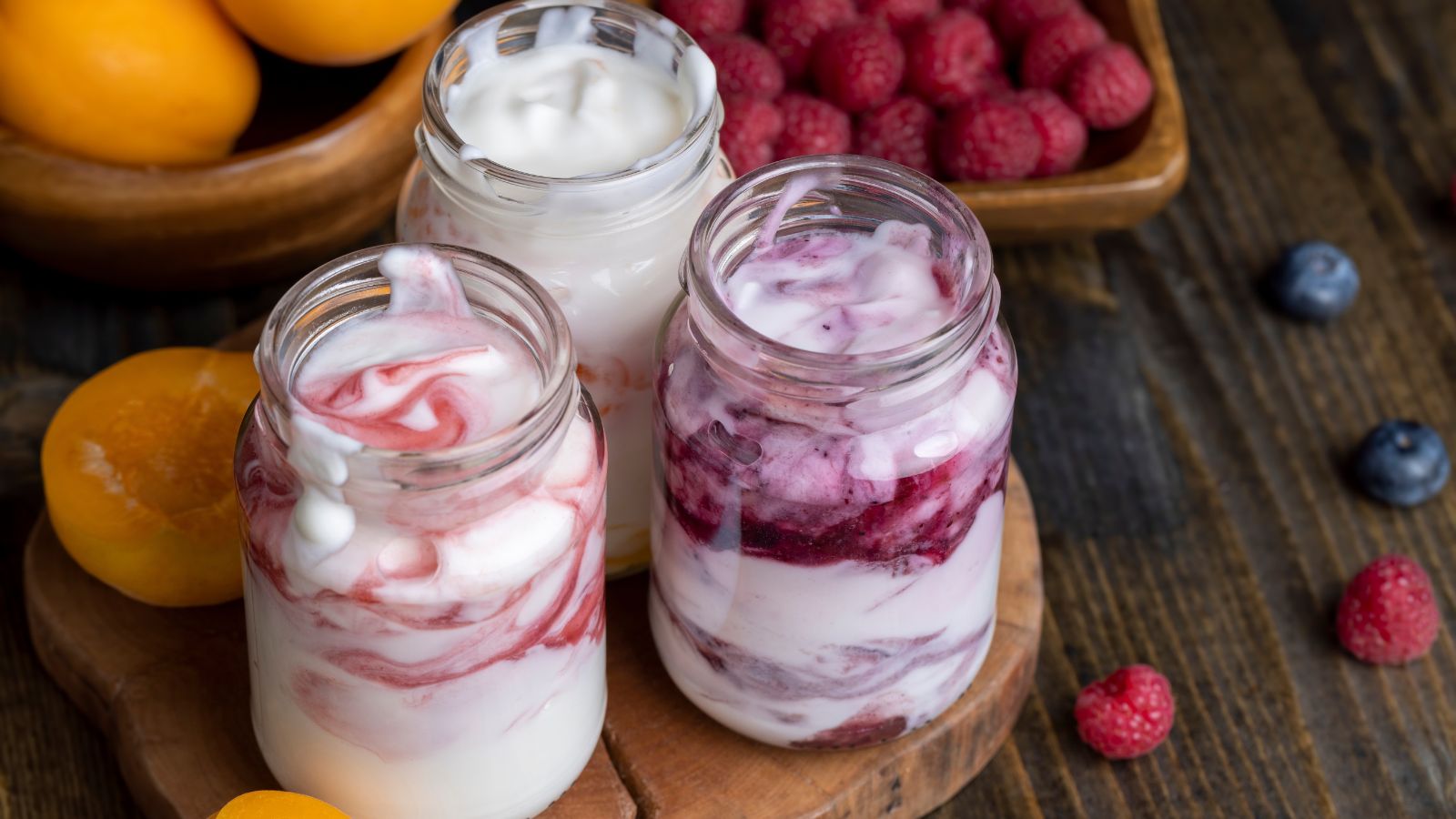
Although it might seem like an obvious snack, yogurt and other probiotic foods are banned from space missions as the bacteria in these products could potentially become harmful in the unique environment of a spacecraft. Space agencies prefer to limit the introduction of live cultures to maintain a controlled microbial environment and when you think about, it does kind of make sense.
Loose Nuts and Chips

Snack foods that easily break into small pieces are also not space-friendly. Fragments can float away, potentially damaging equipment or creating a choking hazard. When chips are sent to space, they’re often packaged in special containers to keep crumbs contained.
Fresh Fruits and Vegetables
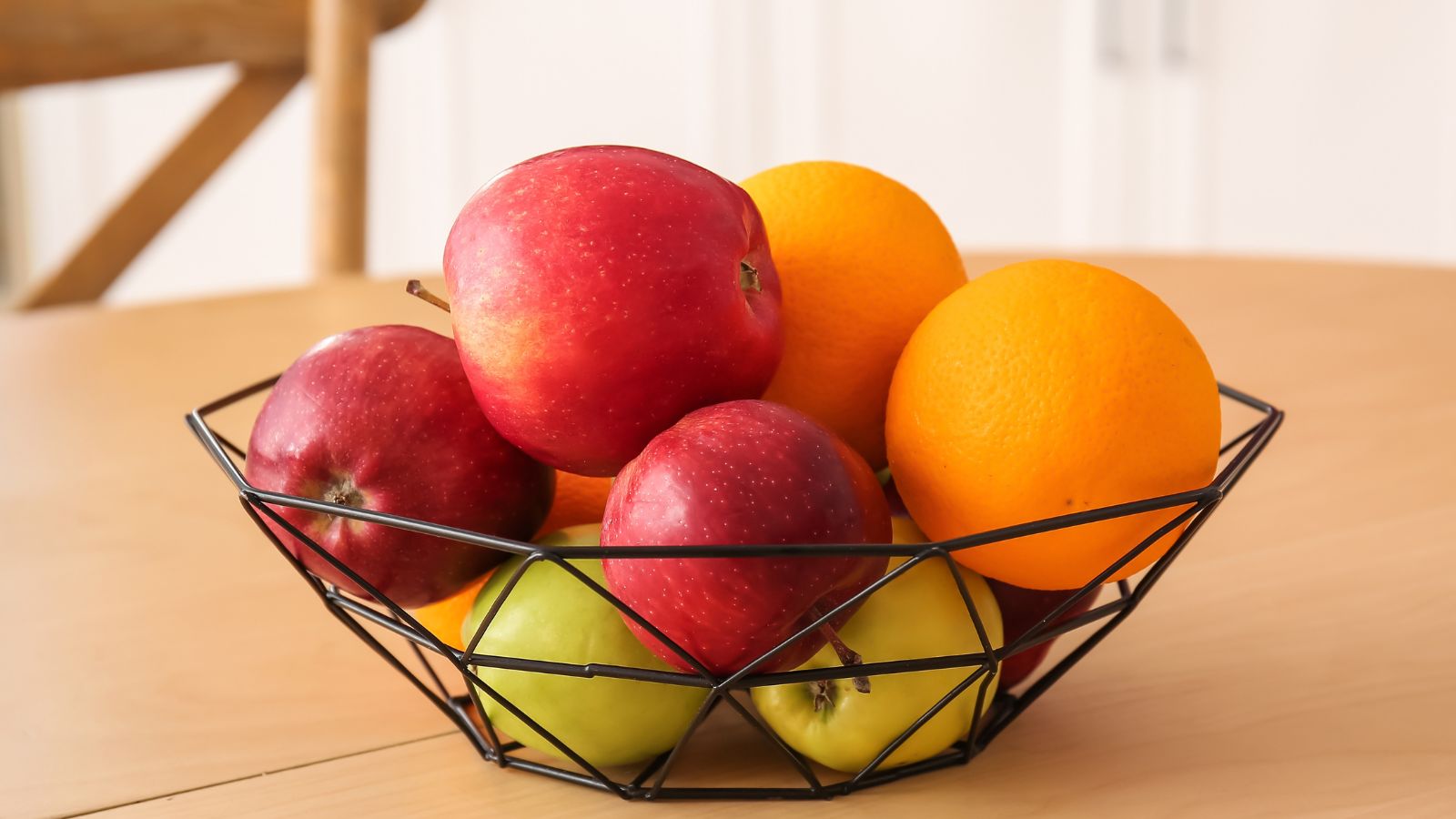
While some specially packaged produce is allowed, most fresh fruits and vegetables are too perishable for space travel. They can spoil quickly and harbor microorganisms. Space food systems rely on carefully processed and packaged alternatives to provide necessary nutrients.
Fizzy Tablets
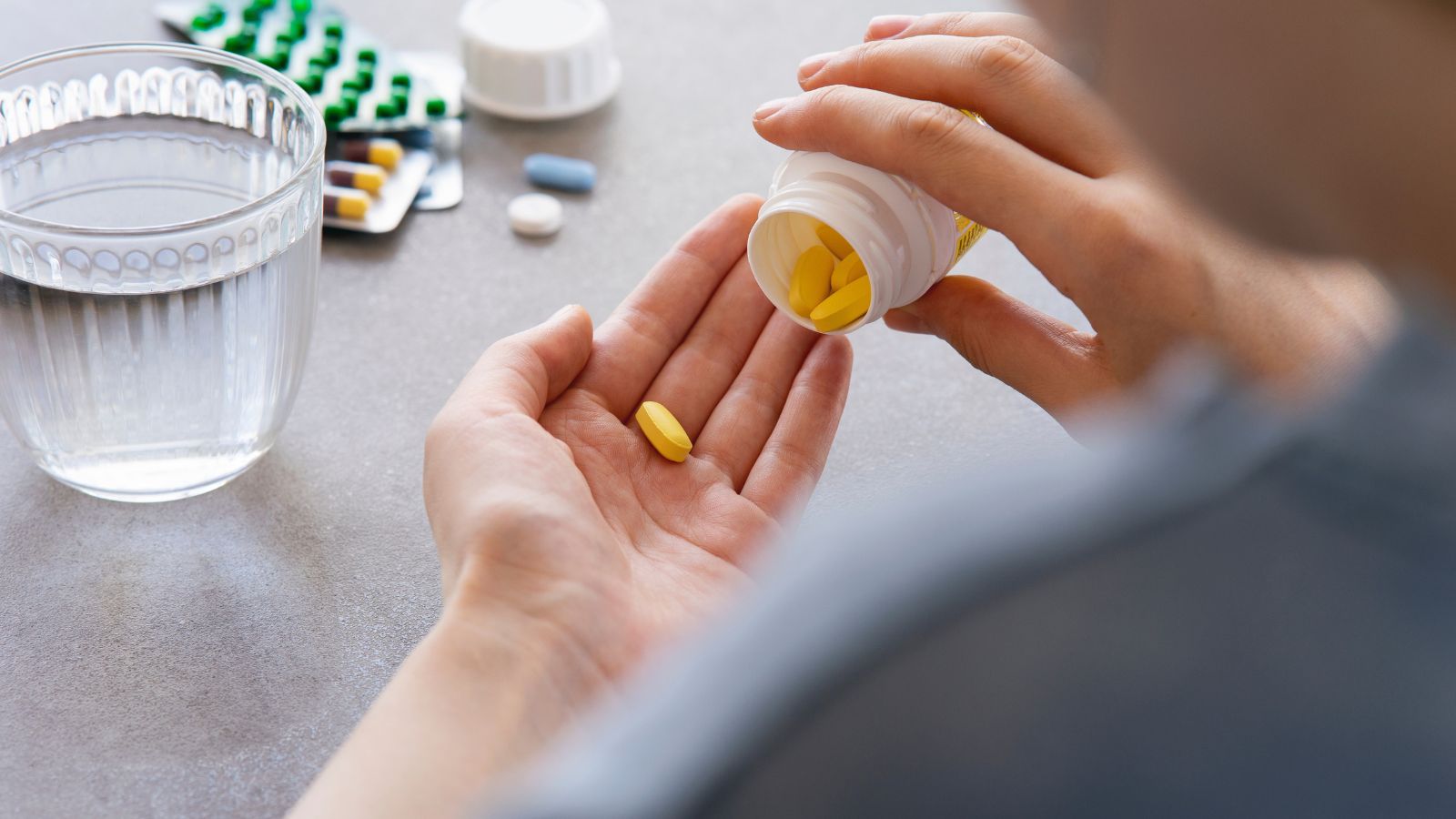
Effervescent tablets, like those used for vitamins or headache remedies, are also not allowed in space. The bubbles they produce don’t rise and dissipate as they would on Earth, instead they create a foamy mess. Astronauts use non-effervescent medications and supplements instead.
Perfume and Cologne
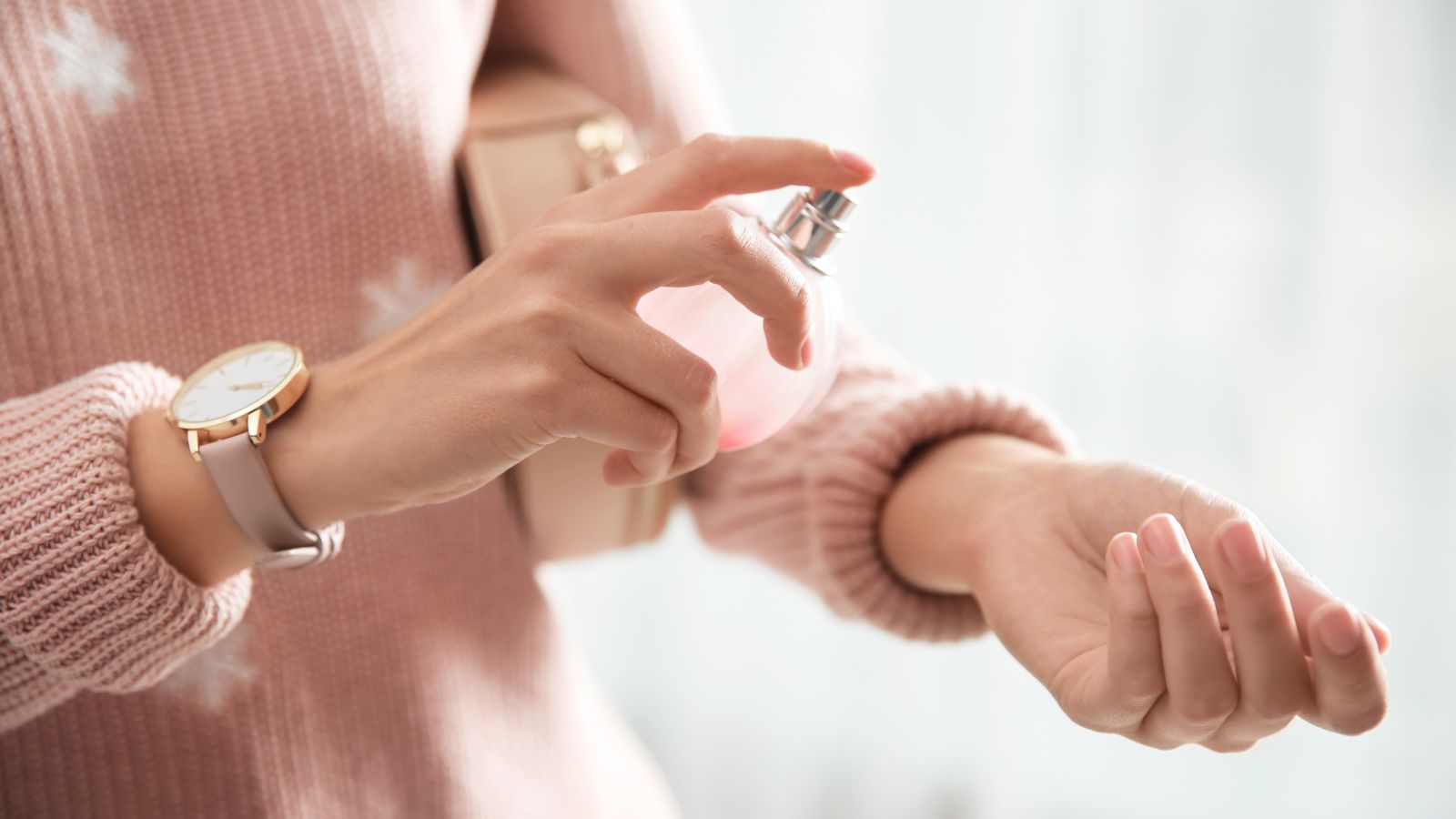
Strong scents can be overwhelming in the enclosed environment of a spacecraft. Fragrances might also interfere with the spacecraft’s air filtration systems so astronauts are asked to use unscented personal care products to maintain a neutral odor environment.
Regular Showers
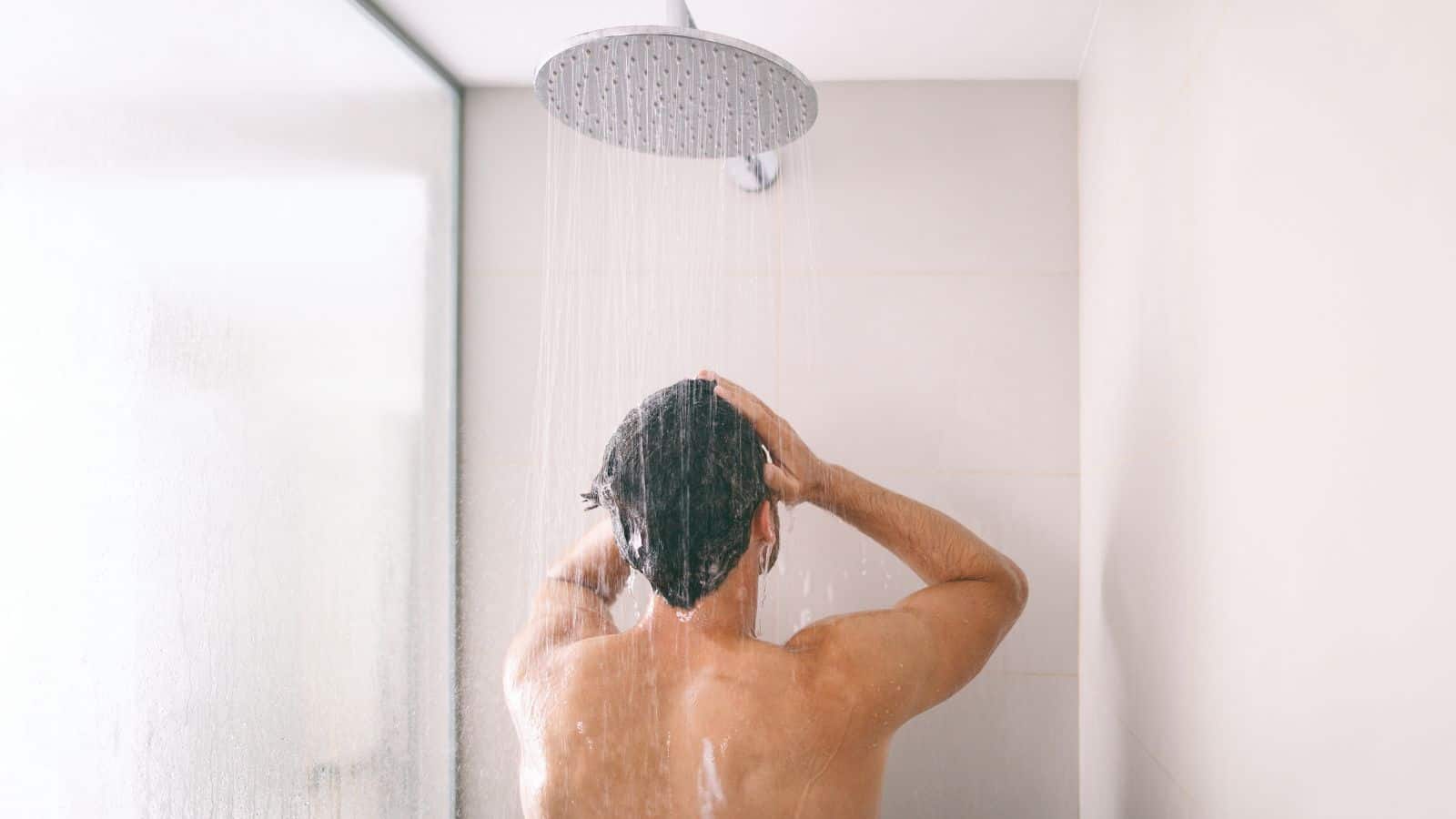
Traditional showers don’t work in microgravity since water doesn’t fall; it clings to the body in globs. Instead of showers, astronauts use wet wipes and no-rinse shampoo to stay clean. Special hygiene stations help contain water during washing to prevent it from floating around the cabin.
Sleeping Bags
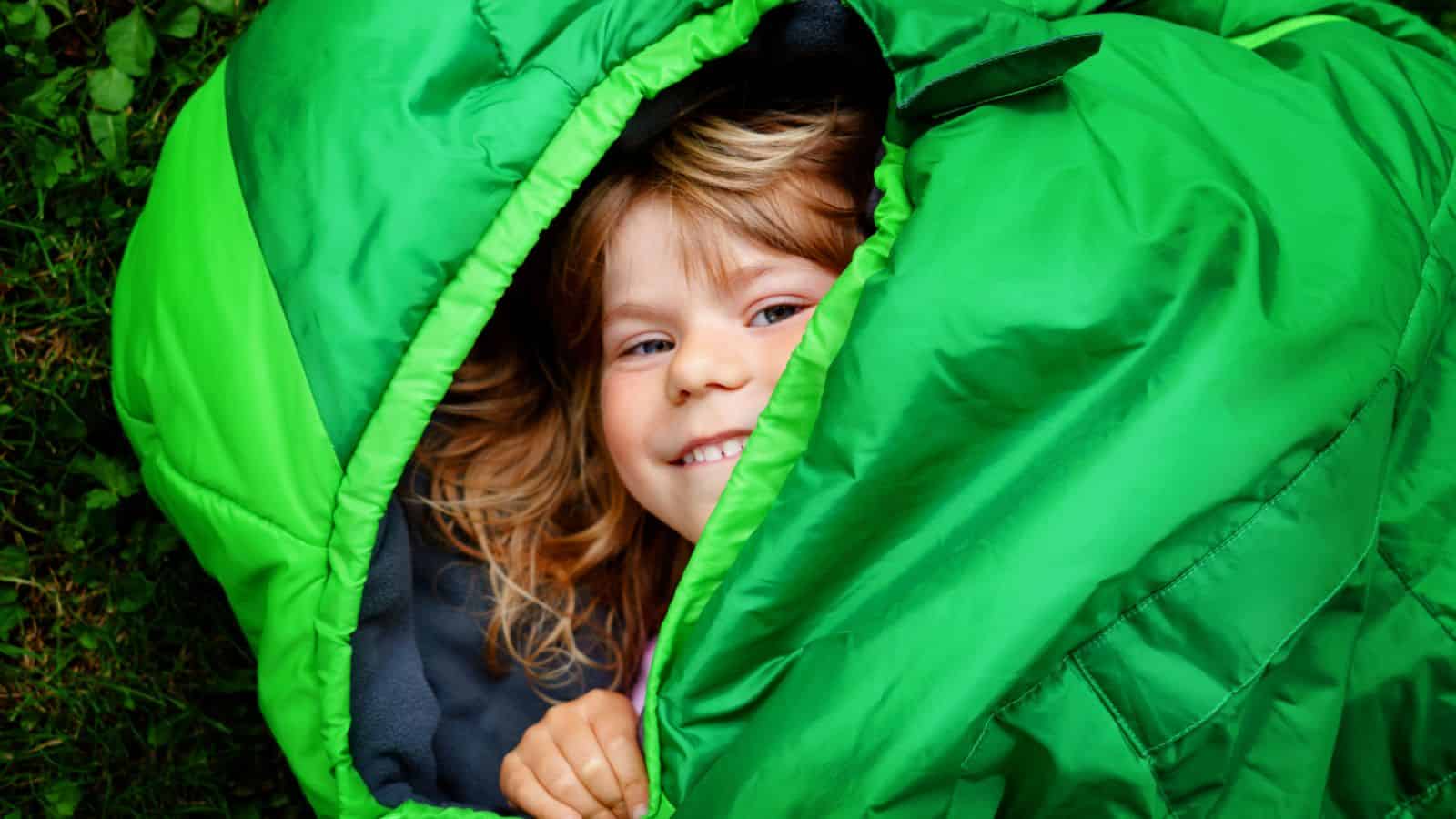
While astronauts do sleep, they don’t use traditional sleeping bags. In zero gravity, they’d float around inside them. Instead, crew members use sleeping bags attached to walls or ceilings, often in small private quarters, to stay in place while they rest.
Sewing Needles
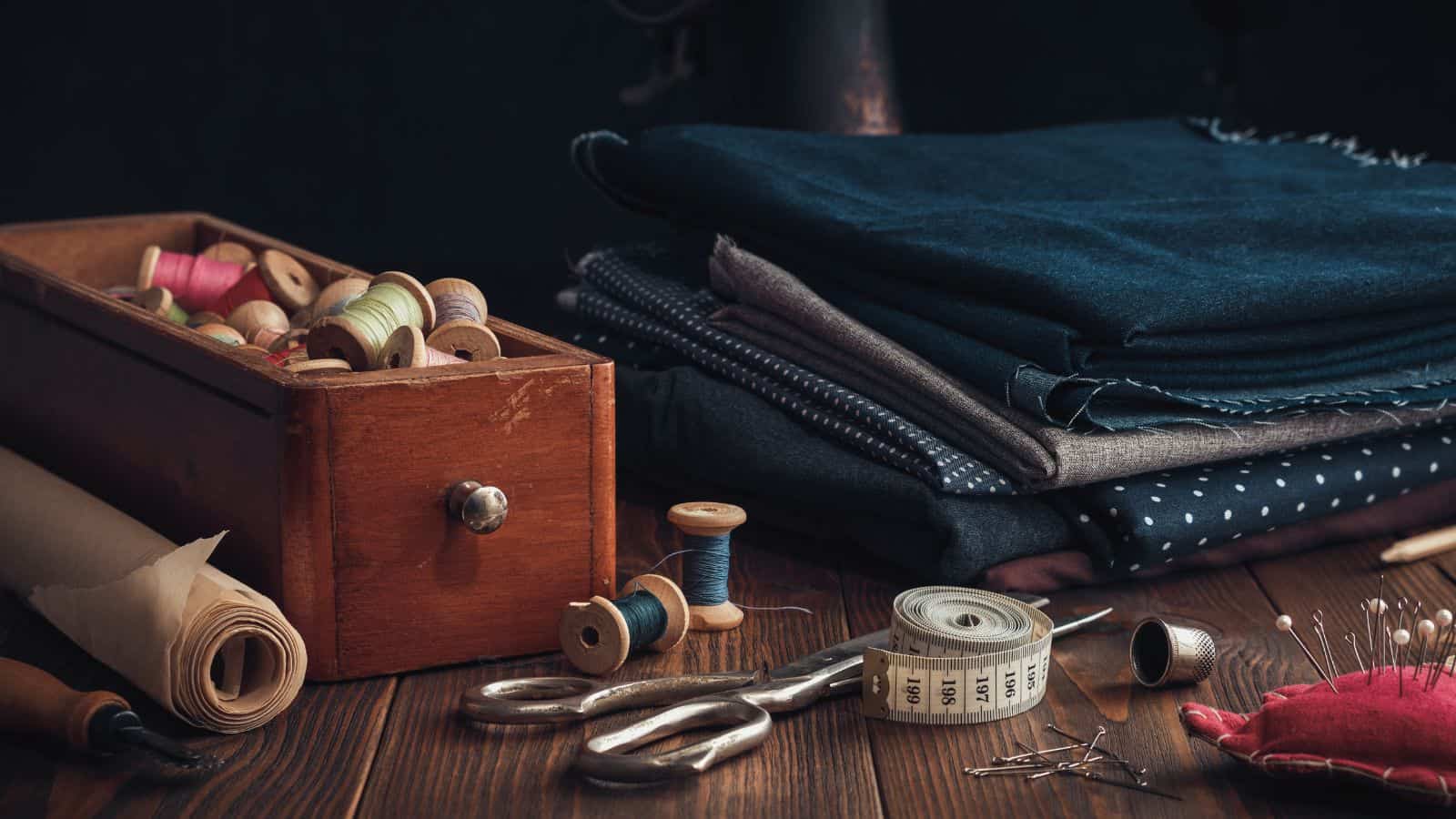
Regular sewing needles are too risky in space as they could easily float away and become a hazard. When repairs are necessary, astronauts use specially designed sewing kits with tethered needles and specific instructions for use in microgravity.
Non-approved Electronics
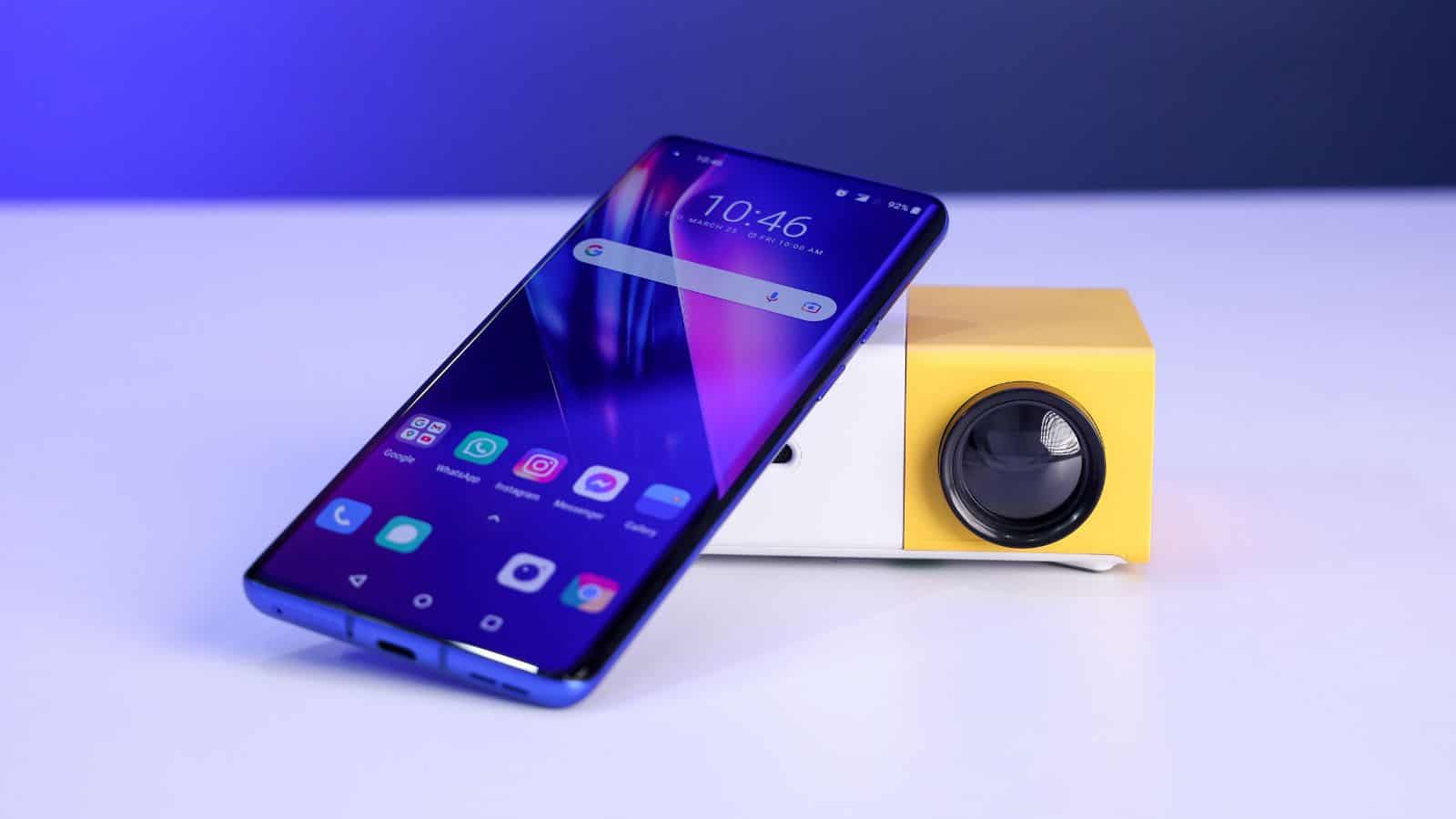
Personal electronic devices like smartphones or tablets must be specially approved before going to space. They’re tested to ensure they won’t interfere with spacecraft systems or pose fire risks. Astronauts can’t simply bring their favorite gadgets from home without thorough vetting.
Regular Towels
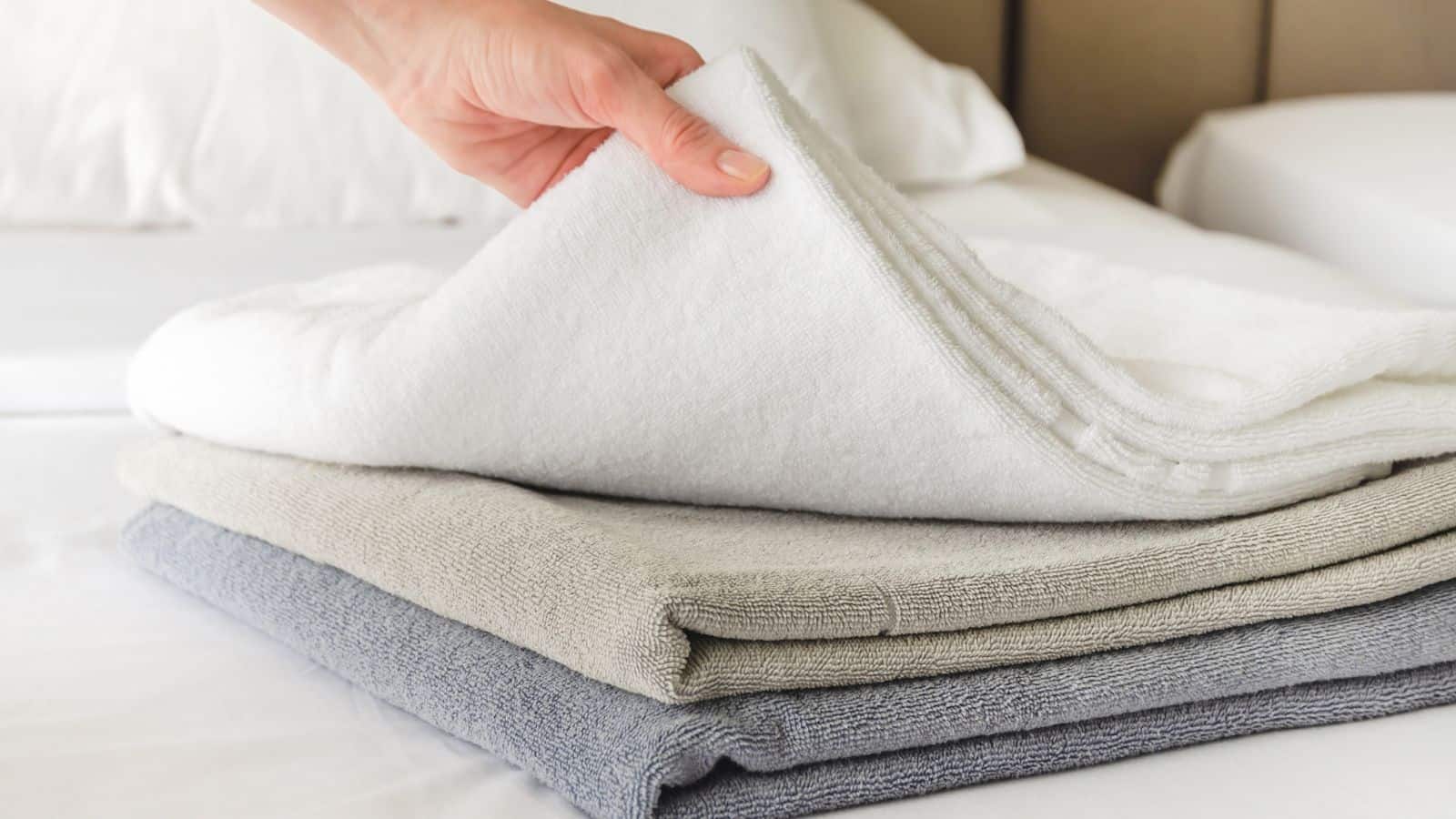
Standard towels shed small fibers that can float around and clog air filters so space agencies provide special low-lint towels to astronauts. These towels are designed to minimize loose particles while still effectively drying off crew members after washing up in microgravity.
Up Next: 18 Reasons Why Men Get Grumpier As They Age

You might read this and be able to relate, or you may feel you’ve become grumpier the older you’ve gotten. Or maybe you know of a male friend or relative who has. Here are 18 reasons why men get grumpier as they age.
18 Reasons Why Men Get Grumpier As They Age
17 Products Millennials Refuse to Buy and It’s Affecting the Economy

Millennials have been the center of so much media attention due to their spending habits. Their unique ways of spending have built up and crushed many traditional industries. In this article, we look at 17 things millennials stopped buying and how that has impacted society.
17 Products Millennials Refuse to Buy and It’s Affecting the Economy
Where Even Truck Drivers Won’t Stop

Truck drivers tend to be hardy souls—well-seasoned travelers who aren’t often afraid to rest up or refuel in risky locations. However, there are certain U.S. locations that even the most road-weary trucker refuses to stop at for fear of criminal activity or natural dangers. Here are 17 such locations that even experienced truck drivers approach with trepidation (or not at all).

